Only a short time ago it would have seemed inconceivable to most visitors that Thailand would return to a military dictatorship and its top tourist status in Asia come into question. But, what was once just a steady trickle of anecdotes and rumours about its dark underside has been propelled by the media spotlight on recent political upheavals into a torrent of evidence about the unpleasant reality behind the perceived happiness of Thailand. If there was some exceptional quality to Thai happiness and welcome in a region hardly lacking in nice people, it doubtless dates back to the period before millions of tourists, oblivious to cultural sensitivities gorged themselves on cheap sex, boooze, drugs and sunshine. It was the tourists who were smiling, or rather grinning inanely for much of last two decades, not necessarily the Thais.
Before we go any further it needs to be said that there is no reason to pre-judge your typical Thai and in all likelihood you would have a lovely time if you came here but there have always been grumblings. Much controversial discussion has been had over the years as to any inherent Thai racism and is well beyond the scope of this article but it is fair to say that many seasoned visitors have, for a long time had a clear perception of it and have had unpleasant and even vicious encounters. These years of accumulated experiences have coalesced into a recent book by John Stapleton – Deadly Destination, revealing the bigger picture of the darker side. The book came in the wake of the brutal murder of two young, British tourists on Ko Tao that had highlighted police corruption and ineptitude. Many sinister undercurrents to the case kept the press and internet buzzing, such as with MikeE’s Travels, making it clear that the rot spread well beyond the island through gangster networks and into state institutions, with people knowing that their life would be on the line if they revealed guilty names.
One could ask why this current high-profile hadn’t been picked up more widely by some of the media, after all, for years violence in the south of the country had all the requirements to get right wingers honking the Islamic terrorism horn. State violence had prompted and exacerbated a terrorist response among the marginalised Muslim population, which in turn allowed the forces of order to hone their skills in shooting school children and other activities hardly conducive to diffusing the situation.
A long period of relative stability elsewhere had installed a tourist brochure gloss to the country, shrouding decades of lurching from military coups to governments of dubious, democratic credentials and back again. The change, which is very much at the root of today’s problems came with the election of Thaksim Sinawatra in 2001. His policies played a key role in the path of the gradual break down of the ancient system of Kreng Jai, whereby people show deference to elders, superiors and elites in a pyramid peaking at the king, for which they in turn earn respect by looking after the interests of the underlings. In a political context this meant dishing out cash in return for votes, a practice still heartily endorsed by some of the political elites of today. Sinawatra’s policies of job creation and support for public welfare and health systems soon made the poor realise that voting for him was going to do a lot more to improve their lives than some grubby notes. Not that Sinawatra was some leftie hero mind you, no one gets to be a multi-millionaire business man in Thailand by being a totally decent sort of chap.
Naturally the establishment couldn’t have the peasants not knowing their right place in society and a military coup forced Sinawatra to run from the country on suspicion of corruption in 2006. Not having grasped that democracy was the new game in town it was little surprise that Thaksim’s allies easily won the following election and continued with pro-poor policies. Juggling various governments and deadly protests, Thaksim’s sister Yingluck came to power in 2011. The elites got even more hopping mad when the government brought in a rice subsidy programme to aid poor rice farmers by taking the already well off middle men out of the rice market. By this time the obsession with removing all traces of the Sinawatras from power and influence came all-pervasive. In 2010 a key player in the establishment Suthep Thaugsuban, of the amusingly named Democrat Party, had already discussed with General Prayuth (head of the army) about removing Yingluck from any position of power. Suthep was later (2013) to lead the even more amusingly named, People’s Democratic Reform Committee and their violent gangs of yellow (representing the monarchy) shirted supporters against red shirted opponents, aided and abetted by the army who had been getting plenty of target practice themselves in previous demonstrations, killing about 90 in 2010. Although not everyone in the red shirt camp was entirely peaceful the army’s”independent” report found no soldiers guilty of actually killing anyone. The violence that continued into 2014 was a handy pretext for the army to carry out a coup as if they were a neutral arbiter in the conflict. Suthep, no stranger to corruption charges, had related murder charges against him dropped.
Allegations of corruption in the rice subsidy scheme were a key justification for removing Yingluck from power. She was recently impeached on the basis of her management of the scheme in a process that didn’t even bother accusing her of personal gain. General Prayuth later ordered banners to be erected, thanking himself for his marvellous work in supporting rice farmers by what was essentially a continuation of the same subsidy scheme. He then went on to introduce a scheme to support rubber tree farmers. You have to admire their sense of humour! The wit was again exemplified in the response to questions on their evident, broad and excessive restrictions on media and expression, “we do not limit media freedom but media must be within limits”.
The military regime’s clampdown on corruption would be seen as laudable if it wasn’t so much of a case of removing opponents whilst conveniently ignoring their own flagrant disregard for financial transparency. General P halted an investigation into his brother who had somehow amassed a $3 million fortune and Police Chief Somyos Poompanmuang proudly declared arrests for corruption, whilst neglecting to mention how in his career as a humble public servant he had ended up with $11 million in his bank account. In these investigations one suspect had resorted to the old classic of jumping off a tall building, a favourite of repressive regimes everywhere. After politely inviting the fifty-six heads to state companies to resign it was easy to ensure that some good chums filled their vacated seats.
Public morality has been a favourite topic of general P who has promoted his 12 core values, which children have to obediently chant in school. For some reason shooting innocent people doesn’t feature anywhere in these values that are just as much about reaffirming the elite’s position, despite laughable references to democracy. He has even written and performed the YouTube hit, “Return happiness to the people“, to drive the message home. Of course criticising any of this allows you to draw the go direct to jail card. Soap operas were seen as another source of leading the people away from decent, Thai values with their story lines about bad stuff happening, so writers have decided that scripts about good, clean, wholesome stuff, upholding the right kind of values were more preferable to a good beating in a police cell. Public criticism often ends up with an invitation for a little, educational chat to enlighten them to the General’s side of the argument and so persuasive is his reasoning that it tends to keep critics quiet afterwards.
The moral crusade included controls on late night drinking and music, effectively destroying the party scene, which in some respects could be seen as warranted given the disruption to locals caused by us foreign hedonists. This lasted long enough to put such a dent in the profits of the party destinations such as Ko Phangan that payments to ensure the police could overlook the rules were swiftly introduced and the debauchery we all know and love returned. Certainly when I was there over New Year you didn’t have to look very far to find illegal drugs, obviously sold with the connivance of the police. Naturally the long-held Thai tradition of pharmacies with a liberal approach to the sale of “prescription” medicines was in full flow. God forbid that a man of my age and standing would ever think of indulging in such things, even in the name of essential field research but nevertheless the party was “fuckin ‘avin it big time”, as I am reliably informed that people younger than myself might say.
Goings on in the country are always done in reference to the three pillars of society: nation; religion and monarchy. Thankfully for General P the Buddhist patriarch stuck with the time honoured tradition of backing violent military coups by approving P’s approach, saying that “peace and reconciliation can be restored using the five moral precepts of Buddhism”. Given that three of them are not killing, lying and taking what is not given I can only assume that he had been neglecting the readings of his religious tomes recently and a few basics had slipped his mind. Support for the monarchy, often believed by outsiders to be largely unquestioned by the population actually requires a law of Lese Majeste to enforce deference to the King and has been repeatedly used to imprison political opponents. There are many instances of opposition to the king in the twentieth century and as he has effectively sided with the elites and army his sacrosanct position has been questioned of late by many poor . The army returned control of the Crown Property Bureau, the monarchy’s source of wealth, after the 1947 coup, having taken it away in 1932. A threat to remove it again gives them major leverage over the monarchy when the potentially troublesome Crown Prince Vachiralonghorn takes over from his respected, ailing father. Mind you the likelihood of his taking much interest in politics is extremely dubious given his reputation as a crass, sexist oaf who would rather be drinking and fondling young ladies’ breasts than upsetting the generals and who could blame him.
It is clear that the military are in no hurry to hold elections as they don’t want the wrong people to win, so are altering the constitution and state bureaucracy to make sure they get their way and can retain sufficient control of any future, allegedly democratic process. The longer this goes on the greater the risk of unrest fomenting. The tourist industry has already taken a hit from the troubles and only aggravated by police rip-offs of tourists in Bangkok and clumsy policies controlling beach resorts. The big Russian contingent has evaporated with the collapse of the rouble. With the opening up of Myanmar siphoning off tourists and both Cambodia and Vietnam capable of wooing the party scene with police forces prepared to take a relaxed approach to law enforcement given the right incentives, Thailand’s status is by no means guaranteed. Should the current media interest reveal more unpleasantness or a reaction to army repression lead to more protests the masses will be easily scared off, including the Chinese who have become the biggest single contingent. The government is overseeing an economy going down the pan and worsening corruption, having largely let it just change hands, neither of which are recipes for success. Predictions of major collapse may be off the mark but whatever happens over the next year the Thais aren’t going to be smiling as much as they used to.




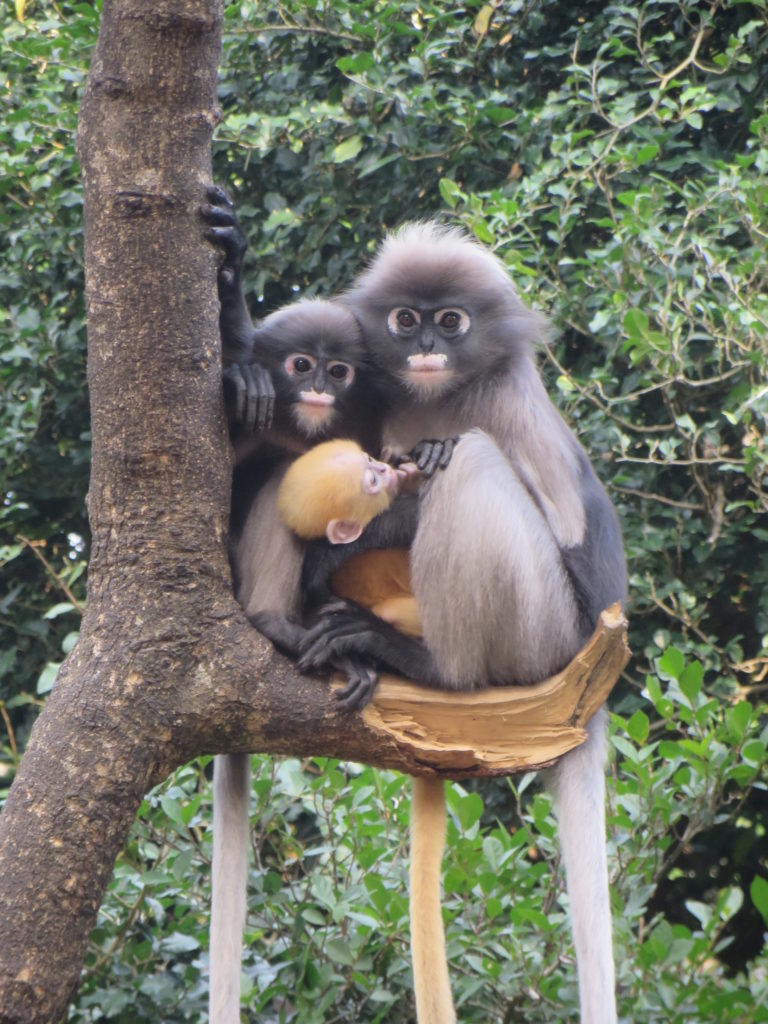
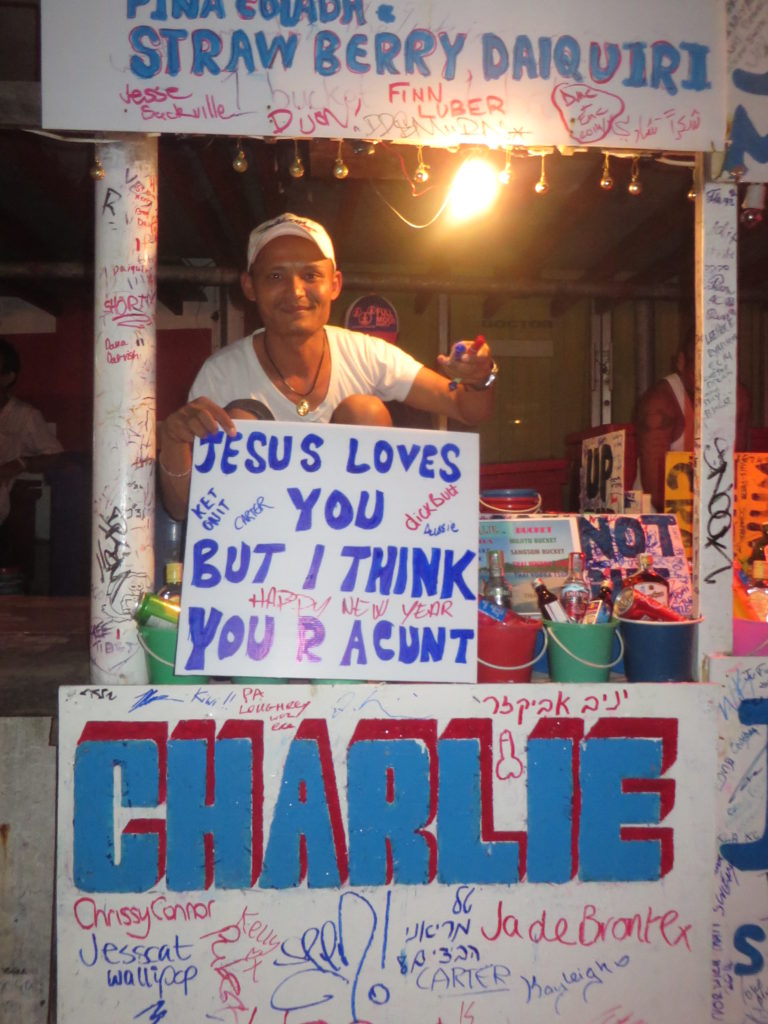
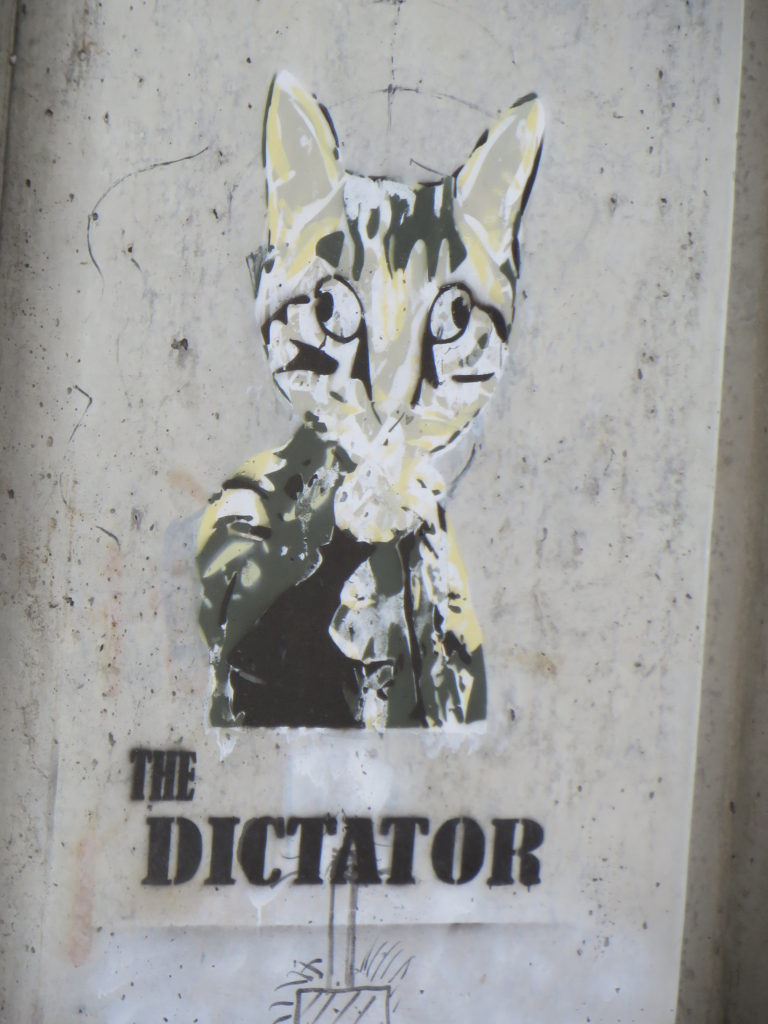
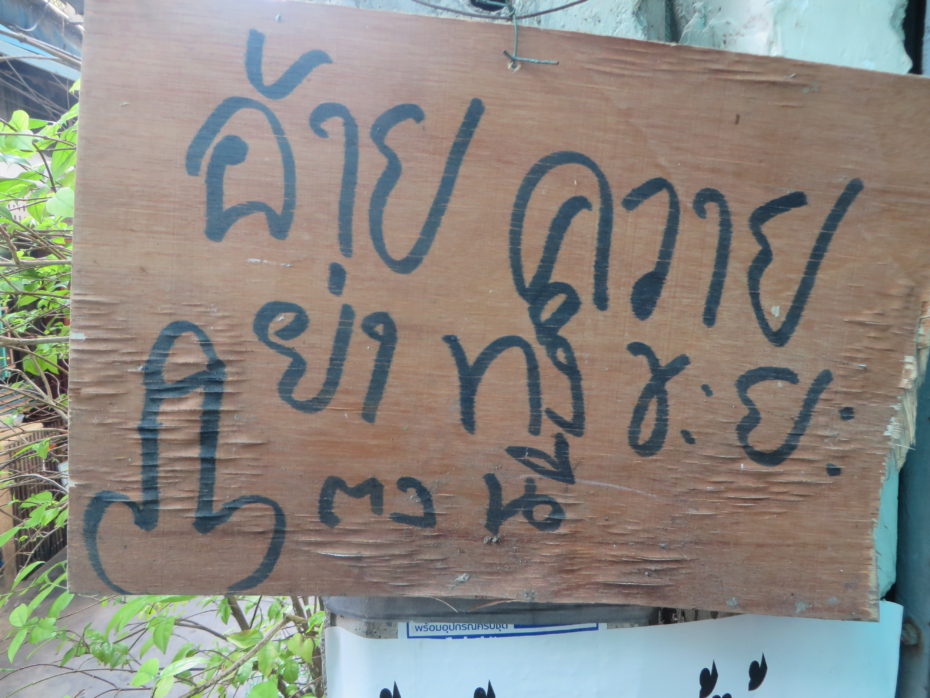

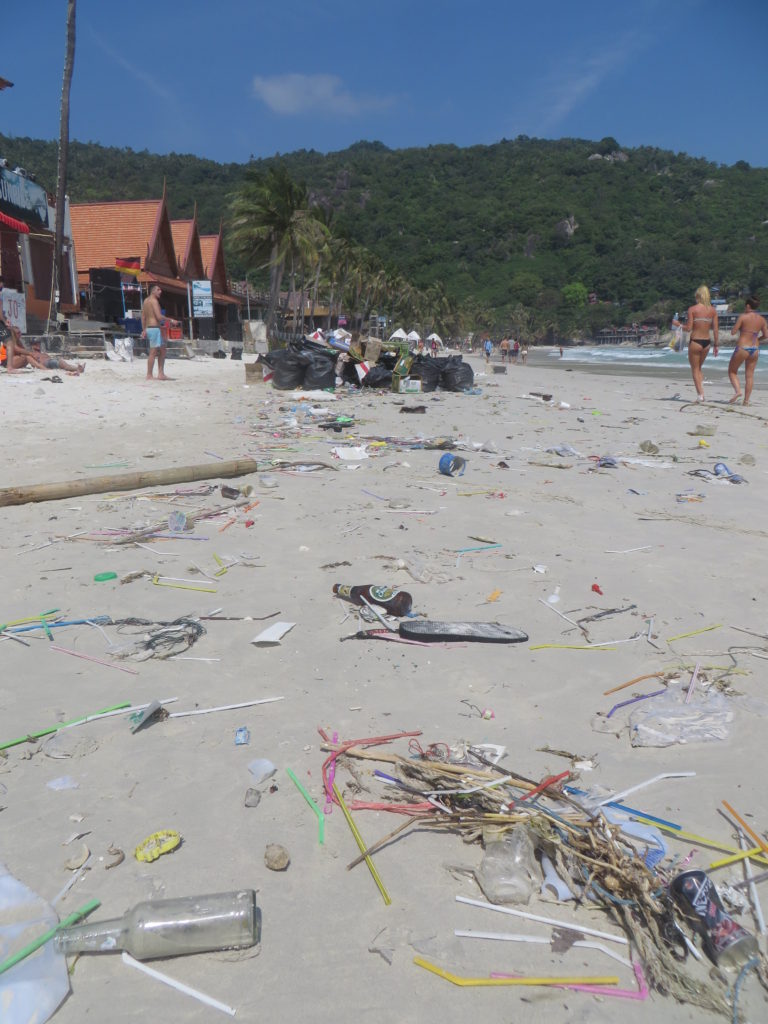
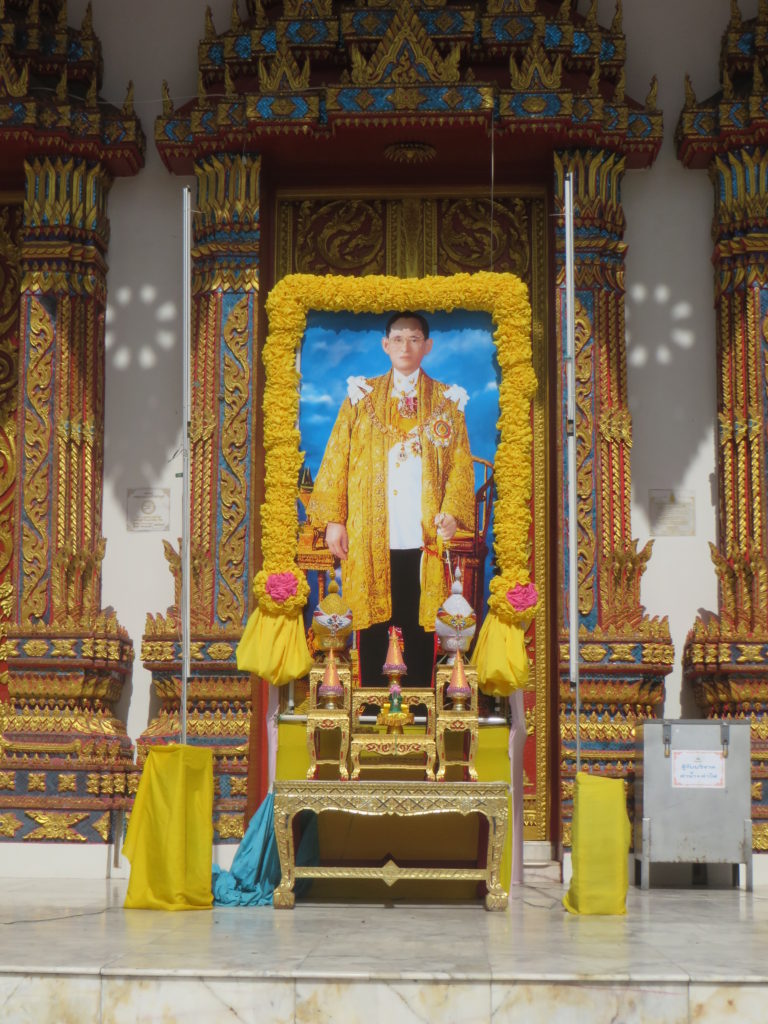

Excellent post, pretty much said all the things I wanted to say – but for various reasons haven’t got around to saying it yet.
Thanks mike, sure that more will need to be said as the situation evolves. Hope you are still enjoying your adventures
All so true. Yet another phenomenal posts from one of my top three favorite blogs of all time. I know I’ve said it before but I’ll say it again: you good sir are a badass. So glad we had a few days to spend together in KL and cheers to crossing paths again in some other country 🙂
I like the sound of Sir Badass. Sure our paths will cross at some point. When does your rickshaw ride finish as I am off to Bangladesh tomorrow so will be in the region at least. Big thanks
We’ll be done and in Shillong by April 18th — how long will you be around Bangladesh, have any firm dates? If a land crossing into B is easy, I’d like to do that while I’m in the region.
If i can get an Indian visa i will be in Assam early April so will be waiting for you at the finish line. I gather getting visas in Bangladesh can be a bit of a nightmare so i won’t make a definite promise until ive got the stamp in my passport. Will let you know
Sounds good, let me know
Coup review:
I was in Thailand at the very beginning of the 2014 coup and it was a uniquely Thai affair. Hand to God, the damn thing was catered. Volunteers set up big stalls to feed the protesters because no one wants to dissolve a government and establish a military junta on an empty stomach.
Pros: Tourist attractions delightfully free of tourists.
Cons: Couldn’t wear any of my red or yellow clothes. Road blocks.
Verdict: Would visit again.
Smashing the state certainly burns the calories. I think you’ll find that the yellow shirts were so well funded by corrupt politicians with military backing that the catering was well within their budget. Glad to see you made the most of the chaos
It was interesting to be amongst chaos not of my own making – makes a nice change.
Hope chaos doesn’t follow you around too much, mind you there’s no shortage of it in Bangladesh